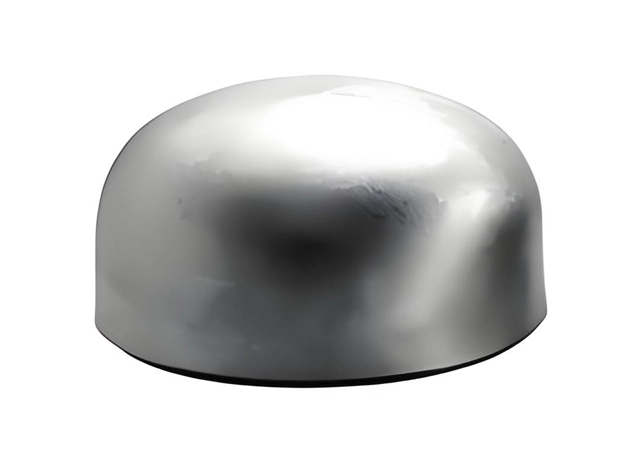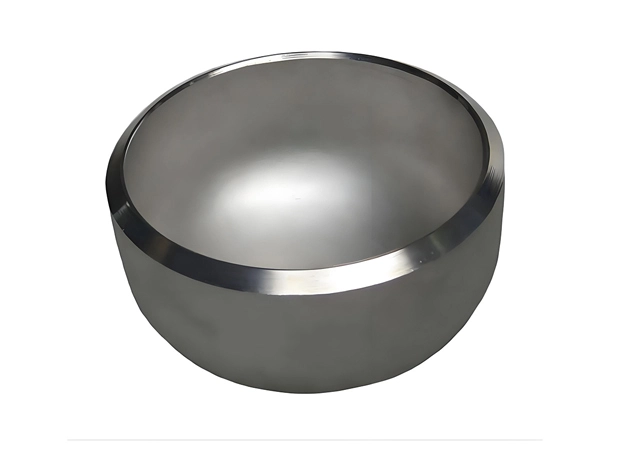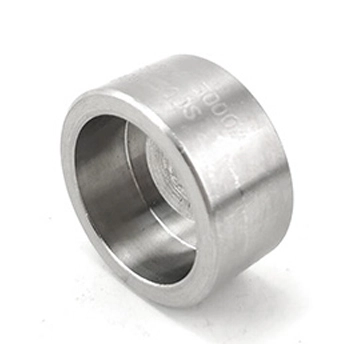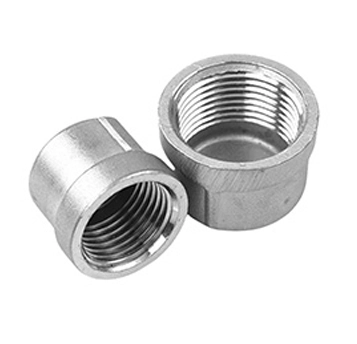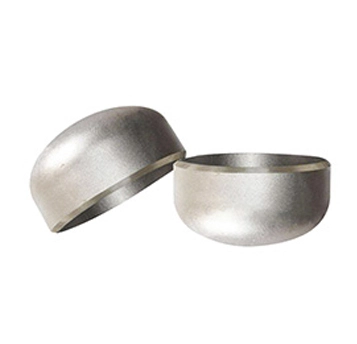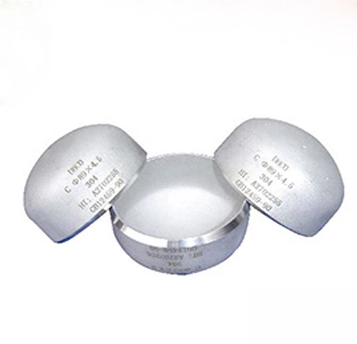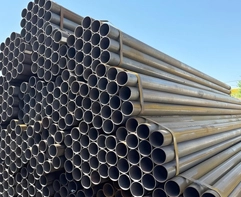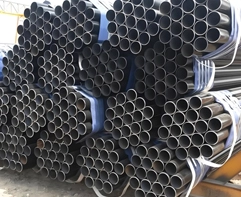Alloy steel pipe caps are specialized fittings used to seal the ends of pipes in high-pressure, high-temperature, or corrosive environments.
Made from alloy steels, which are iron-based materials combined with other elements like chromium, molybdenum, nickel, and vanadium, these caps offer enhanced mechanical properties and performance compared to standard carbon steel.
Alloy steel Round Caps: Used for sealing round pipes.
Alloy steel Square Caps: Designed for square or rectangular pipes.
Alloy steel Domed Caps: Feature a rounded top for structural or aesthetic purposes.
Alloy steel Flat Caps: Have a flat surface, often used in industrial applications.
High Strength: Alloy steel caps can withstand high pressure and stress.
Temperature Resistance: Suitable for high-temperature applications, such as power plants and refineries.
Corrosion Resistance: Certain alloy grades (e.g., chromium-molybdenum) offer improved resistance to oxidation and corrosion.
Durability: Long service life even in harsh environments.
Versatility: Can be used in a wide range of industries and applications.
ASME/ANSI B16.9: Covers dimensions and tolerances for butt-weld fittings.
ASTM A234: Standard specification for alloy steel fittings.
ASTM A335: Standard specification for seamless ferritic alloy-steel pipe for high-temperature service.
DIN 2617: German standard for pipe caps.
EN 10253: European standard for butt-weld fittings.
JIS B2312: Japanese industrial standard for steel pipe fittings.
Threaded Caps: Screwed onto the pipe using internal or external threads.
Socket Weld Caps: Fitted into the pipe end and welded for a secure connection.
Butt Weld Caps: Welded directly to the pipe end, providing a strong and seamless joint.
Push-On Caps: Designed for quick installation without welding or threading.
Power Generation: For sealing pipes in boilers, turbines, and steam lines.
Oil and Gas: Used in pipelines, refineries, and offshore platforms.
Petrochemical: Suitable for handling corrosive chemicals and high-pressure systems.
Chemical Processing: Resistant to corrosive substances and high temperatures.
Aerospace: Used in high-stress and high-temperature environments.
Heavy Machinery: For hydraulic and pneumatic systems.
Construction: In structural and industrial piping systems.

 EN
EN
